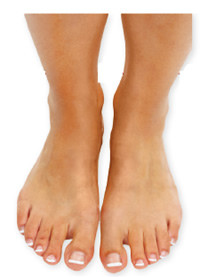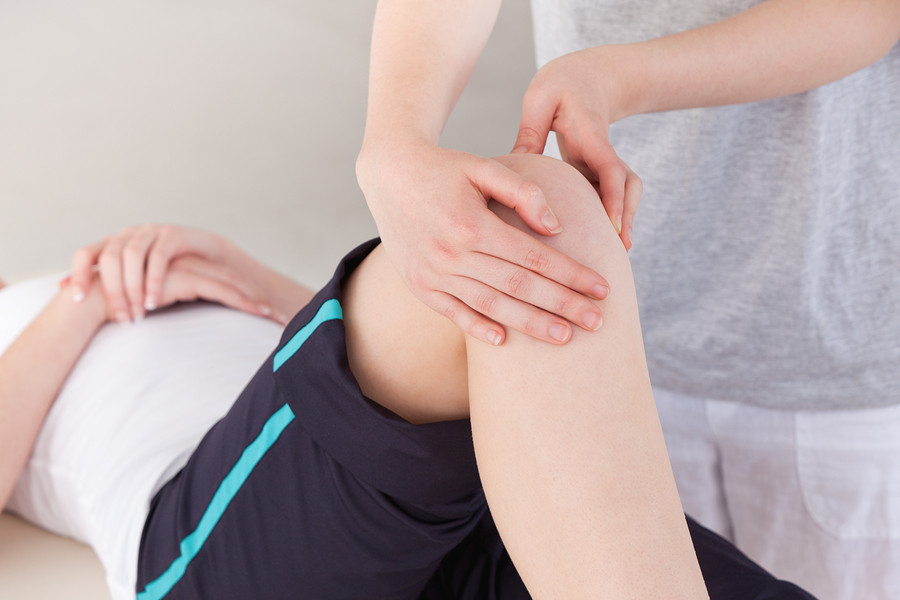
Trying to lose weight? Be careful not to lose muscle

Is your skin problem actually an autoimmune condition?

People with diabetes face higher risk of hearing loss

Antibiotic-free fixes for recurrent UTIs

Musculoskeletal syndrome of menopause: When menopause makes you ache all over

When can older women stop getting mammograms?

To lose weight, especially harmful belly fat, combine diet and exercise

Can men hold off on treating recurring prostate cancer?

The 7 types of rest and why we need them all

What are the early warning signs of cervical cancer?
Pain Archive
Articles
Stronger heart risk warning for popular painkillers
Current data suggest that naproxen may be the safest NSAID. Image: iStock |
NSAID users: Take the lowest effective dose for the shortest possible time.
Using nonprescription pain relievers safely
Alternating two types of over-the-counter drugs can relieve pain while reducing the risk of serious side effects.
If you're in a drugstore trying to decide which over-the-counter pain reliever to buy, there are scores of products from which to choose. But there really are only two basic types: nonsteroidal anti-inflammatory drugs (NSAIDs), which include aspirin, ibuprofen (Motrin, Advil), and naproxen (Aleve, Naprosyn); or acetaminophen (Tylenol). If you want to maximize pain relief and minimize side effects, you might want to stock up on both types.
Best steps to soothe heel pain
Self-help steps can often chase away plantar fasciitis. For tough cases, make surgery your last option.
Plantar fasciitis is a common and painful overuse injury. It happens when the tough band of connecting tissue on the underside of the foot (the plantar fascia) develops tiny tears where it attaches to the heel bone. The good news is that plantar fasciitis usually gets better after a brief period of basic at-home care. "With rest, stretching, and avoiding the activity that is bothering you, it can go away in a couple of weeks," says Dr. A. Holly Johnson, an orthopedic surgeon specializing in foot and ankle problems at Harvard-affiliated Massachusetts General Hospital. "Sometimes it can take a few months for the pain to settle down, however."
Ask the doctor: I have osteoporosis. Will physical therapy for my back cause spinal fractures?
Q. I have sciatica. I also have vertebral fractures caused by osteoporosis. I'd like to get physical therapy for my sciatica but am worried about damaging my spine further. What do you advise?
A. I am glad that you are interested in pursuing physical therapy to treat the sciatica. It's the best treatment for it. The physical therapist is likely to show you how to do gentle stretching exercises for your upper legs, buttocks, and back, as well as how to use your back, core, and legs more effectively to avoid worsening the strain on your sciatic nerve. She will also train you to do exercises to strengthen your back and core. None of these maneuvers will damage the bones in your back. But it's important for you to tell the therapist that you do have osteoporosis and vertebral fractures. She will keep that in mind as she works with you.
Best bets for back pain
Judicious use of pain relievers can help you keep doing your usual daily activities, which aids recovery from back pain. Images: Thinkstock |
When your back is bothering you and you don't want to take prescription drugs, over-the-counter solutions and physical therapies can help relieve symptoms.
Insomnia therapy helps reduce knee pain
Painful knees and sleeplessness often go hand in hand, but a form of counseling called cognitive behavioral therapy (CBT) can help with both problems, according to a study in Arthritis and Rheumatology.
The study involved 100 people ages 50 to 70 with wear-and-tear arthritis (osteoarthritis) in the knee as well as insomnia. They were chosen at random for either eight sessions of CBT or a comparison treatment, called desensitization therapy, known not to be very effective for insomnia.
Healthy ankles: Your mobility depends on them
Although ankle injuries can be painful and disabling, many are preventable, and most are easily treated.
Ankle injuries are among the most common joint problems. Every year, nine million people sprain an ankle, and tens of thousands more sustain fractures. Ankle injuries often stem from falls and accidents. Several factors—from poor balance, to loss of elasticity in tendons and ligaments, to ill-fitting shoes—can increase the risk of injury, says Dr. Christopher Chiodo, an orthopedic surgeon at -Harvard-affiliated Brigham and Women's Hospital's foot and ankle center.
Physical therapy and back surgery equally effective, study shows
Spinal stenosis—narrowing of the spinal canal that increases pressure on spinal nerves—is a common source of lower back pain and weakness. Although many people assume that surgery to remove pressure on the nerves is the most effective way to bring relief, there is little evidence to support that assumption. A study reported in the April 7, 2015, issue of Annals of Internal Medicine indicates that physical therapy may be just as effective as back surgery in providing pain relief and enabling people to get around better.
For the study, 169 men and women with disabling spinal stenosis were randomly assigned to two groups—87 to have surgery and 82 to have intensive physical therapy. Two years later, both groups had similar results on physical function tests. However, 33 of the patients who underwent surgery had complications, usually requiring more surgery.
Can you put off that knee surgery?
Don't assume surgery is necessary if knee pain sidelines you. Physical therapy may be all it takes. Image: iStock |
Physical therapy and weight loss can relieve knee pain and protect your mobility.
Shoulder pain? Here's what you can do to treat it and prevent it
A few simple measures can protect your most flexible joint and put it back in service after overuse or injury.
All you need to do is rotate your arm to realize what a marvel your shoulder is. It's the body's most flexible joint and one of the most essential. Whether you're reaching the top shelf, swinging a golf club, or washing your hair, "it's the one joint you can't stop using," says Karen Weber, a physical therapist at Harvard-affiliated Spaulding Rehabilitation Network. "We do a lot of repetitive motions with our arms. When our shoulder muscles aren't strong, we can set ourselves up for injury," Weber says.

Trying to lose weight? Be careful not to lose muscle

Is your skin problem actually an autoimmune condition?

People with diabetes face higher risk of hearing loss

Antibiotic-free fixes for recurrent UTIs

Musculoskeletal syndrome of menopause: When menopause makes you ache all over

When can older women stop getting mammograms?

To lose weight, especially harmful belly fat, combine diet and exercise

Can men hold off on treating recurring prostate cancer?

The 7 types of rest and why we need them all

What are the early warning signs of cervical cancer?
Free Healthbeat Signup
Get the latest in health news delivered to your inbox!
Sign Up











